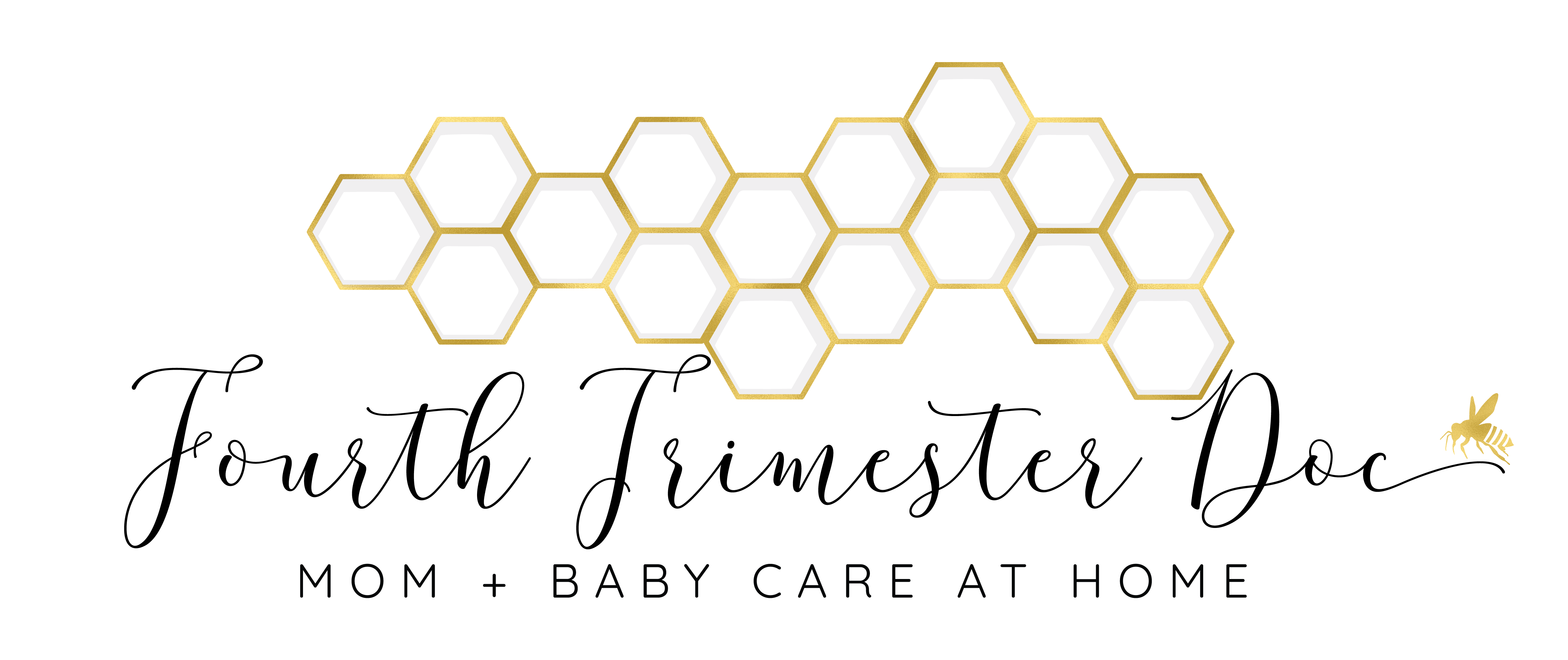Let’s talk about cluster feeding and what it really means.
Let’s delve into what really happens during these crucial stages of your baby’s development.
Cluster feeding occurs for various reasons
throughout different phases of your baby’s early life.
Phase 1: Early Milk Transition
In the first 24 to 40 hours after birth, and extending up to the first five days, your baby is transitioning from receiving colostrum to mature milk. Colostrum, often likened to honey for its thickness and rich in immunoglobulins, is crucial for your baby’s initial nourishment. During this time, frequent feeding—sometimes as often as every half hour—is necessary. This constant suckling signals your body to produce more milk and helps establish your milk supply.
Phase 2: Evening Cluster Feeds
As your milk transitions to mature milk, typically around three to five days postpartum, evening cluster feeds become common. During these times, babies often seem to feed almost incessantly. This behavior isn’t just about hunger; it’s also about stimulating your body to produce more milk for the next day. These evening cluster feeds continue for the first six weeks or so until your milk supply stabilizes.
Phase 3: Developmental Changes
Around six weeks, babies become more alert and interactive. Evening cluster feeds may now serve to help them process the day’s experiences and calm themselves before sleep. This phase can be challenging as babies may fuss and feed repeatedly, even when not necessarily hungry. This behavior, while frustrating, is a normal part of their development.
Now that we understand why cluster feeding happens, let’s discuss how to manage it effectively:
Knowledge is Power: Understanding the reasons behind cluster feeding can alleviate some of the stress. It’s a biological process, not a reflection of your milk supply or parenting skills.
Tag Team with Support: Don’t hesitate to pass the baton to your partner or support person after a feed. Taking breaks is crucial for your mental and physical well-being. You’re not spoiling your baby or affecting milk production negatively by taking some time for self-care.
Explore Baby-Wearing: Sometimes, being close to you is what your baby needs most. Baby-wearing allows them to feel secure while giving your arms a break.
Reach Out for Help: Whether it’s a lactation consultant, a supportive friend, or a community group, don’t hesitate to seek assistance. Sometimes, a fresh perspective or a listening ear can work wonders.
Cluster feeding is a natural and necessary part of breastfeeding, crucial for both your baby’s development and milk supply. It’s time to challenge outdated ideas and embrace a better understanding of this phase. You deserve compassionate care that respects the complexities of breastfeeding and supports you through every stage.
Check out this Youtube video where Dr. Haggerty discusses the link between the witching hour and cluster feeding.
It’s okay to feel overwhelmed. Taking care of yourself allows you to better care for your baby. And if you’re ever in need of support or guidance, whether in Minnesota or beyond, we’re here to help you navigate this journey.
At Fourth Trimester Doc, we specialize in breastfeeding medicine and are here to provide comprehensive support tailored to your needs. Reach out to us for expert guidance and assistance wherever you are in your breastfeeding journey. Remember, you’re not alone in this journey.
Together, we can navigate cluster feeding with confidence and care.
We are here for you,
Dr. Haggerty

0 Comments